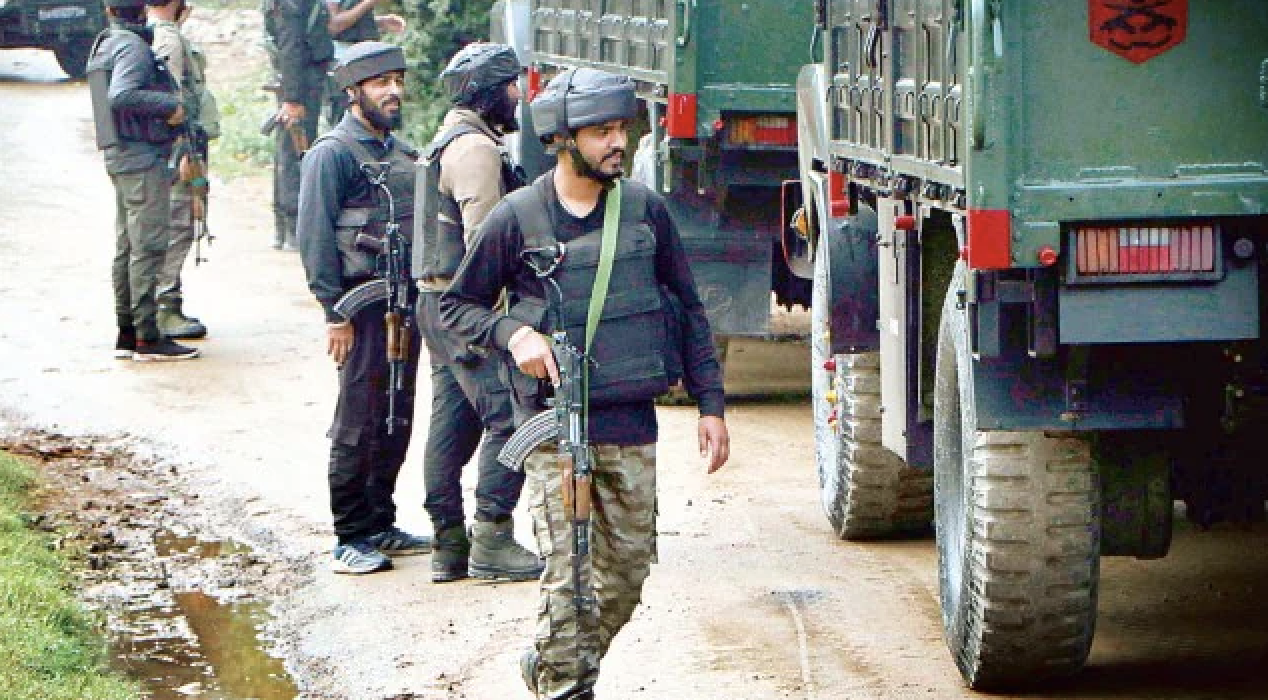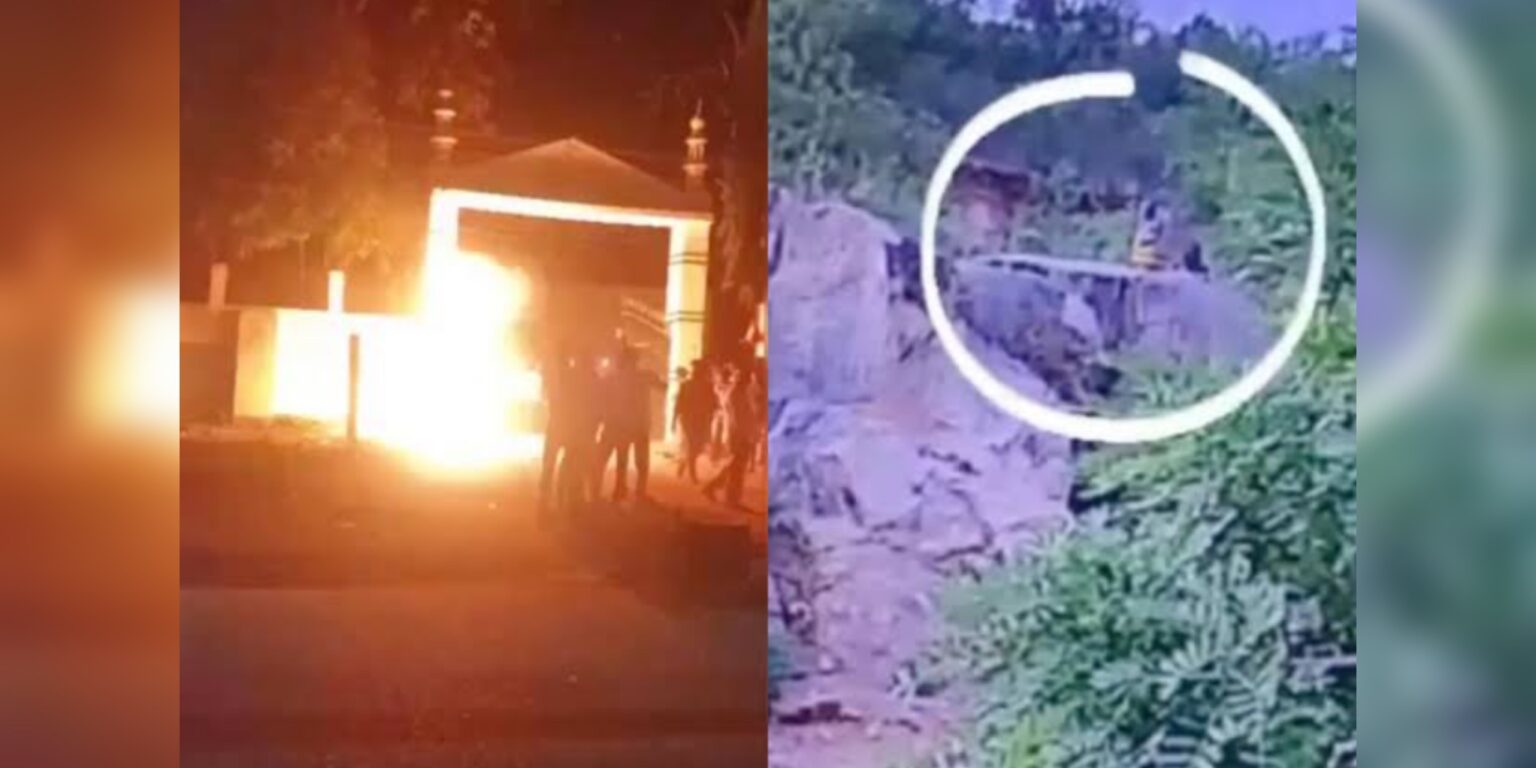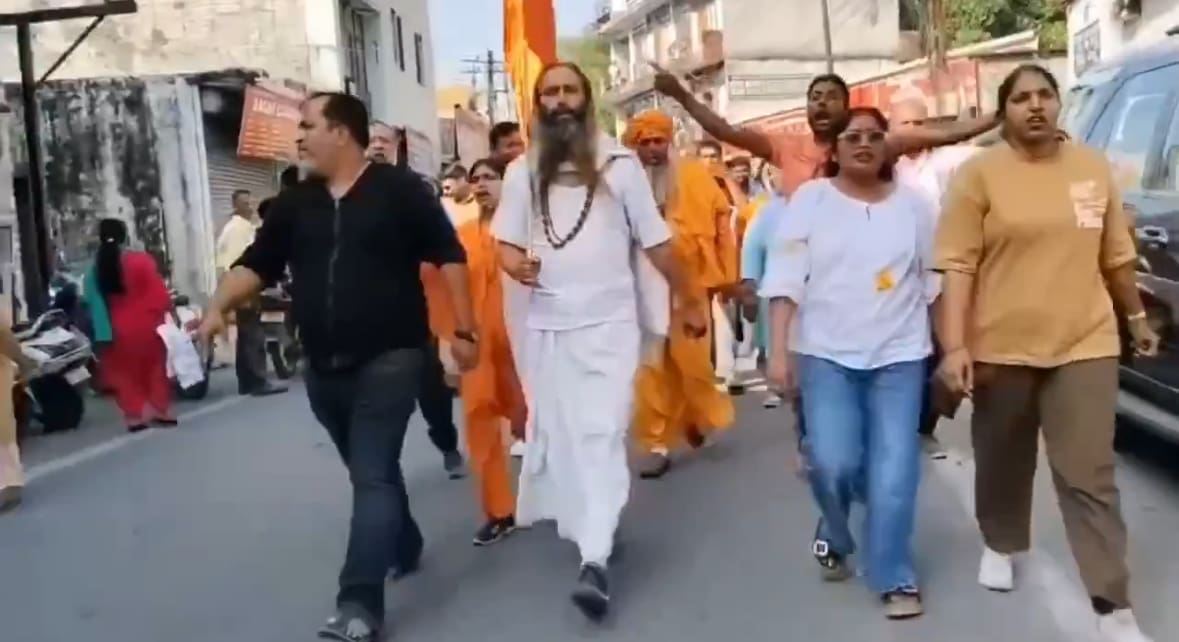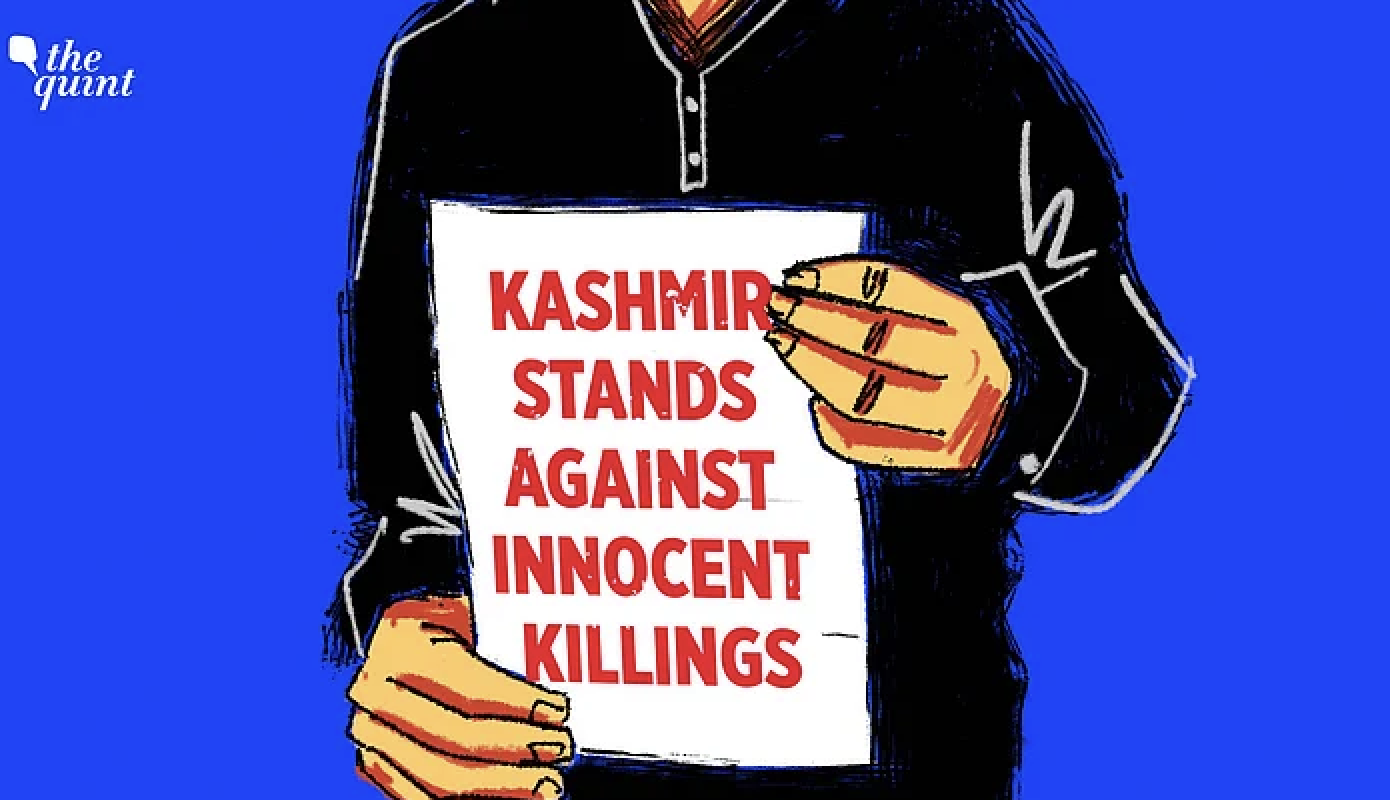
By Sofi Ahsan
Observing that “the sole act of protesting” cannot be used as “a weapon to justify the incarceration” of those exercising this right, the Delhi High Court granted bail Friday to five persons arrested last year by Delhi Police for allegedly being part of an anti-CAA protest during which Head Constable Ratan Lal sustained fatal injuries.
Justice Subramonium Prasad granted bail to Furkan, Arif, Shadab Ahmad, Suvaleen and Tabassum — three are residents of Chand Bagh, one from Jagatpura and the last from Mustafabad in Delhi.
While Furkan and Arif were in custody for 17 months, Shadab and Suvaleen spent 16 months behind bars. Tabassum, a mother of two children, was arrested 11 months ago. It was alleged that they were among the protesters who had assembled near the Chand Bagh area and 25 Futa Road on February 24, 2020.
Granting them bail, Justice Prasad said: “The right to protest and express dissent is a right which occupies a fundamental stature in a democratic polity, and therefore, the sole act of protesting should not be employed as a weapon to justify the incarceration of those who are exercising this right.”
While deciding the legal question — whether when an offence of murder is committed by an unlawful assembly, should each person in the unlawful assembly be denied the benefit of bail, regardless of their personal role or aim of assembly — Justice Prasad said the Supreme Court has consistently held that a clear finding needs to be given by the court regarding the nature of unlawful common object and the mere fact that accused was armed would not be sufficient to prove that.
“The applicability of Section 149 IPC, specifically read with Section 302, cannot be done on the basis of vague evidence and general allegations. When there is a crowd involved, at the juncture of grant or denial of bail, the Court must hesitate before arriving at the conclusion that every member of the unlawful assembly inhabits a common intention to accomplish the unlawful common object,” he said.
There cannot be an umbrella assumption of guilt on behalf of every accused by the court and the decision taken, he said, must be based on careful consideration of facts and circumstances of the matter.
Rejecting the prosecution argument — that if there appears to be reasonable ground that the accused has committed an offence which is punishable with death or life imprisonment, then there is a bar imposed by law on granting bail – he said it is the court which has the last say on whether there exists any such reasonable ground.
“There is no blanket bar as such which is imposed on the Court on granting of bail in such cases and that the Court can exercise discretion in releasing the accused, as long as reasons are recorded which clearly disclose how the discretion has been exercised,” he said.
Justice Prasad said it was egregious and against the principles enshrined in the Constitution to allow an accused to remain languishing behind bars during the pendency of the trial.
“It is the Constitutional duty of the Court to ensure that there is no arbitrary deprivation of personal liberty in the face of excess of State power,” he said, adding that courts must exercise their jurisdiction to uphold the tenets of personal liberty.
“The Supreme Court has time and again held that Courts need to be alive to both ends of the spectrum, i.e. the duty of the Courts to ensure proper enforcement of criminal law, and the duty of the Courts to ensure that the law does not become a tool for targeted harassment,” he said.
This story first appeared on indianexpress.com






